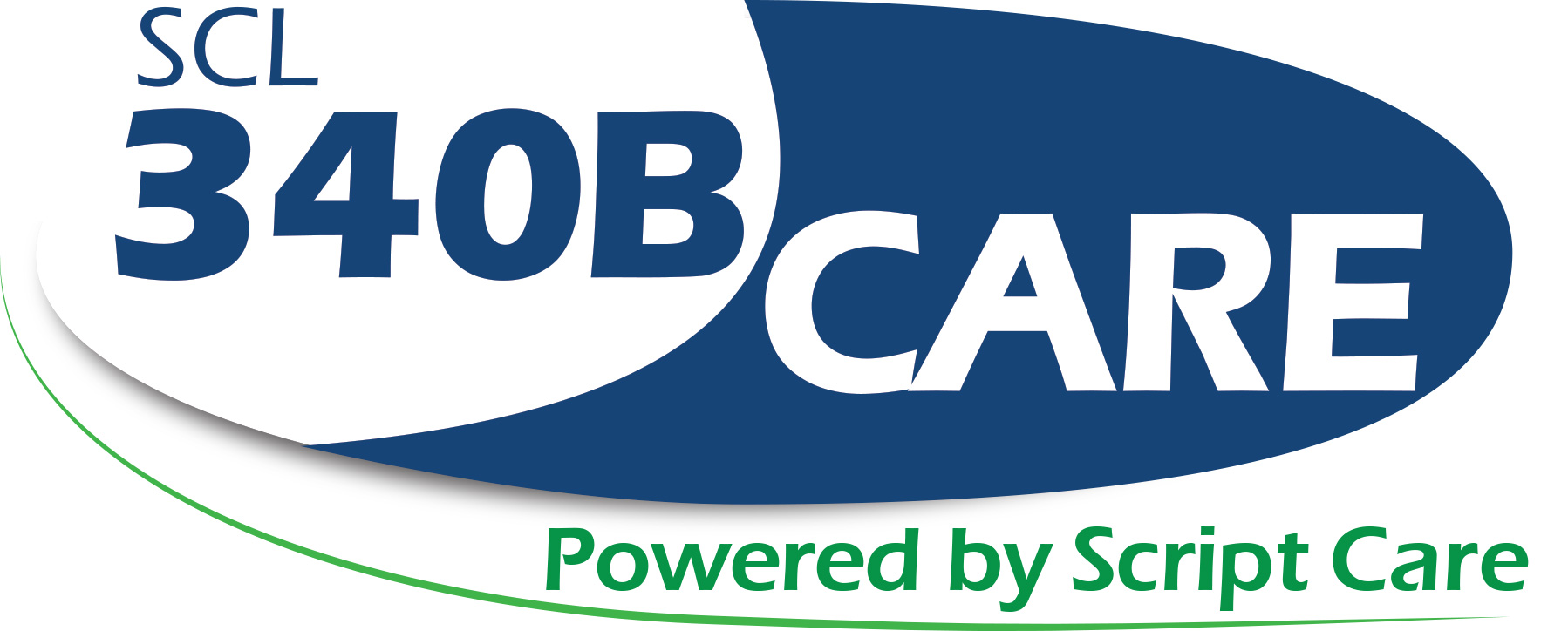
28 Dec 340B Drug Discount Program in Jeopardy
The future of the 340B drug discount program is in jeopardy as the ongoing debate over the program intensifies. Initially, this program aimed to serve low-income patients with access to medications by requiring pharmaceutical companies to discount their drugs for providers. However, in recent years its effectiveness has been in question due to how much it has expanded and the common occurrences of abuse.
Due to CMS’s “final rule” decision, Medicare payments will be reduced by almost $1.6 billion for health providers enrolled in the program. In response, a handful of groups including America’s Essential Hospitals, the Association of American Medical Colleges, and the American Hospital Association, have filed suit. They argue CMS’s authority to delegate the reduction in funding; additionally, the group criticizes the rule because it threatens the original intent of the program.
The federal government and offices like the GAO, HHS OIG, and MedPAC have conducted a number of reports on the drug discount program. Based on the GAO’s discoveries in 2015, almost 40% of hospitals in the United States participate in the program.
According to Richard Sorian, the final rule will have a severe impact on hospitals across the nation. He stated that the funding cut “could actually be the difference between staying open and closing.”
Cleveland’s MetroHealth System anticipates an $8 million cut in Medicare reimbursements. Furthermore, one of MetroHealth’s cancer surgeons, Dr. Benjamin Li, supports 340B funding and believes that “some of our cancer patients will not be able to have lifesaving care.”
Supporters of the final rule recognize that the program has grown too large and it cannot sustain itself. They believe that while it was designed to help low-income patients receive care, hospitals are abusing the program. Rather than reinvesting their profits from discounts into the quality of their patient care, participating entities retain the savings for profit.
Stephen Ubl stated that the final rule is a decent first step; however, the program “needs fundamental reform.” PhRMA has drafted a list of recommendations that the government should consider. The recommendations included limiting eligibility for price breaks and ensuring that patient care receives the money saved from the program’s discounts.
Joe Grogan supports reform and says that the program is “really screwed up.” The Trump administration and Grogan are not shying away from making the effort to bring about change in 340B.
In order to combat the attempts at reform, The AHA has begun an advertising campaign. Other efforts to maintain the 340B program have been made by a number of Congress members who signed a letter to defend the program. Two House legislators even introduced a bill on November 14, which targets CMS and would inhibit them from enacting their final rule.
According to Seema Verma, under the new rule, those funding the program will save almost $320 million annually on copayments. In fact, enrollee’s coinsurance would be reduced since Medicare would reimburse hospitals less. Dr. Peter Bach from Memorial Sloan Kettering Cancer Center agreed with Verma stating that “if Medicare reduces the reimbursement amount, that will directly reduce what the patients pay. Patients will see lower prices.”
Allan Coukell isn’t as certain as Bach. He believes that this restructure could have unforeseen consequences. Patients could potentially seek lower copays by changing providers or participating hospitals may abandon the program. According to Coukell, “the long-term impact of such a shift is unknown” and that the final rule just “transfers the 340B revenue from the provider to the manufacturer.”
At one point in time, this program received bipartisan support. William von Oehsen is the founder of 340BHealth. He recalls that “Everyone loved the program. That’s why Congress expanded it on three separate occasions.” He went on to say that, “there was never any concern about its size until, basically, Pharma decided it had gotten too big and started investing in public relations and lobbying campaigns to reform it. We just don’t have the money they have, and it’s kind of discouraging.”
